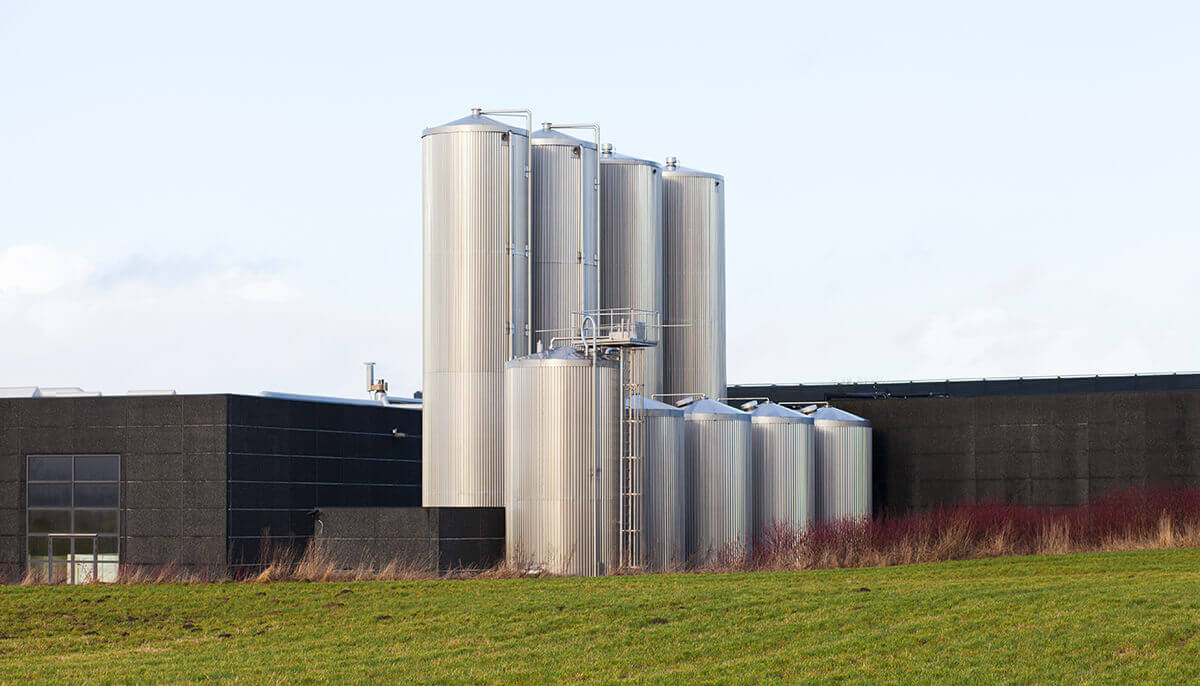Fact: Any milk that tests positive for antibiotics cannot be sold to the public.

Every tanker of milk, whether containing conventional or organic milk, is tested for antibiotics. The whole load will be discarded if it tests positive for commonly used antibiotics, leaving the farmer financially responsible for the full tanker. State regulators apply additional penalties such as fining the farmer and/or revoking his license to sell milk if additional tests are positive.
Farmers treat cows with infections for the safety of the animal as well as the food supply. When sick cows are being treated, farmers and ranchers closely monitor them until they return to good health. Strict U.S. Food and Drug Administration (FDA) and state regulations govern the use of all FDA-approved medications used to treat dairy cows on farms and require dairy food companies to test milk for commonly used antibiotics. This government oversight is designed to protect public health and ensure consumers are getting safe and wholesome dairy products.
Dairy farmers go to great lengths to ensure the purity and protect the integrity of the dairy foods they produce. Cows being treated with antibiotics are separated from the rest of the herd to ensure their milk does not enter the milk supply. Farmers work closely with veterinarians on procedures to maintain herd health and minimize the need for animal medications, and they follow strict animal care practices on farms to ensure the safety of their milk products.
As a result of government regulation and dairy farmers’ desire to protect the integrity of their product, milk can be trusted as a safe, wholesome drink containing a unique nutrient package that can be difficult to replace in a healthy dietary pattern.
Fact: Drinking milk does not cause kidney stones and may in fact protect against them.